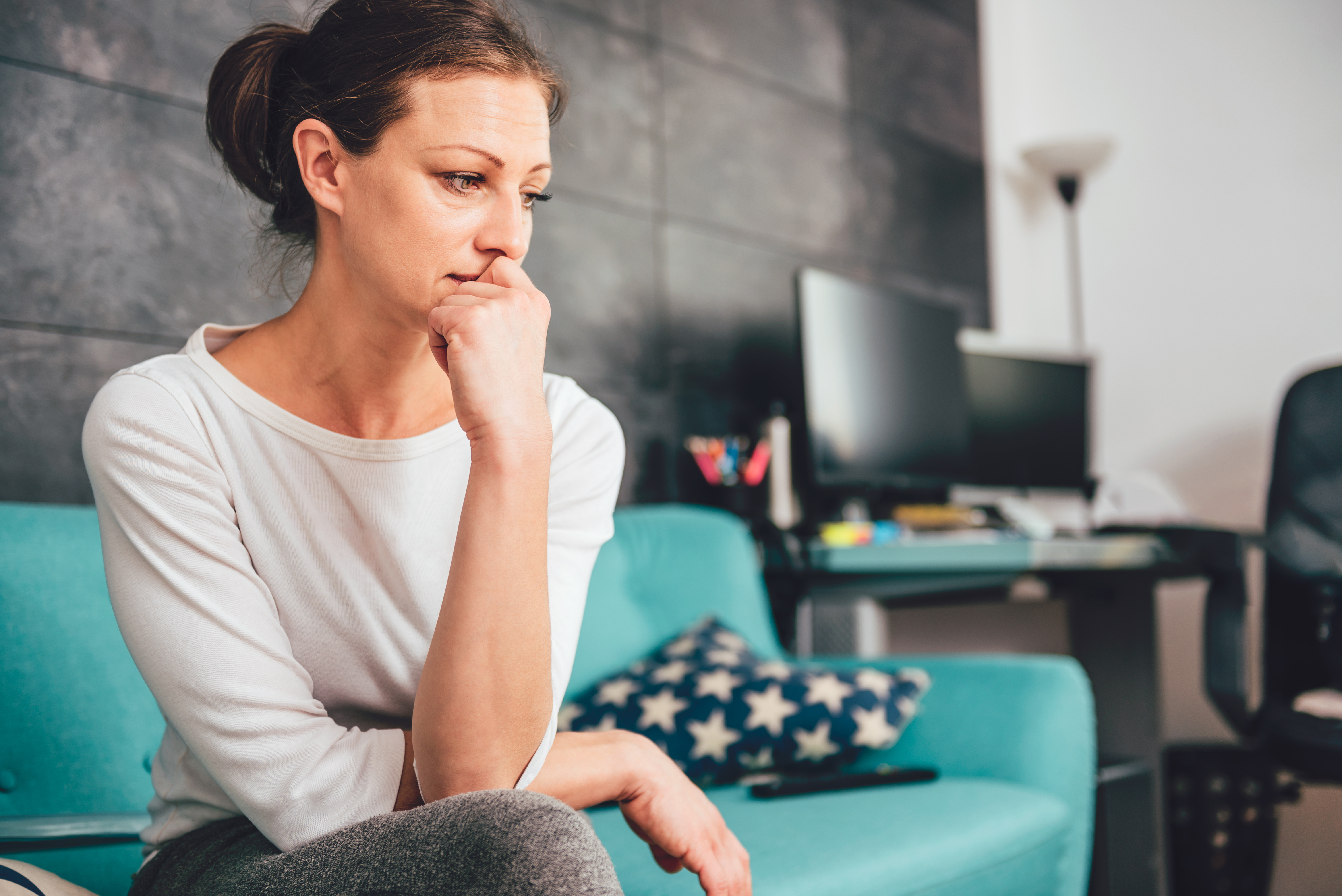Anxiety & Stress

What is Anxiety & Stress?
Anxiety is more than just feeling stressed or worried. While stress and anxious feelings are a common response to a situation where a person feels under pressure, it usually passes once the stressful situation has passed or is removed.
Anxiety is when those anxious feelings don’t go away. Anxiety is when they are ongoing and exist without any particular reason or cause. It’s a serious condition that makes it hard for you to cope with daily life. We all feel anxious from time to time, but for a person experiencing anxiety, these feelings cannot be easily controlled. Anxiety is considered a problem when symptoms interfere with a person’s ability to sleep or their ability to function normally. Generally speaking, anxiety occurs when a reaction is out of proportion with what might be normally expected in a situation.
Anxiety disorders include:
- Generalised anxiety disorder (general and debilitating worry that’s been present most days over a six-month period)
- Social phobias – fear of social situations
- Specific phobias – for example fear of flying, needles or spiders etc
- Panic disorders – frequent and debilitating panic attacks
- Obsessive compulsive disorder
- Post traumatic stress disorder
Anxiety disorders affect every day people just like you and me. A national survey of the mental health of Australians was carried out in 2007. This survey asked people about a range of symptoms of anxiety disorders and other mental health problems. A special computer program was used to make a diagnosis based on those answers provided. Approximately 14 per cent of Australian adults have an anxiety disorder in a given year. Although these disorders are common, many people affected by them do not get treatment. In the national survey, many of those who had an anxiety disorder in the previous 12 months did not receive any professional help.
This is such a shame as effective treatment can make a large difference if you are suffering with anxiety. It helps you learn how to control the condition so it doesn’t control you. The type of treatment will depend on the type of anxiety being experienced. Mild to moderate symptoms may be relieved with lifestyle changes and that is where hypnotherapy can be very effective. Hypnosis itself isn’t a therapy rather an incredibly effective delivery system for therapy. By allowing the mind to relax you can access the original cause of the anxiety and resolve it at a subconscious level. Hypnotherapy treatment can provide relaxation training to help you learn new ways of relaxation to help lessen and alleviate the symptoms anxiety can cause. Combining hypnotherapy with mindfulness and general lifestyle changes around diet and exercise can also help you control your condition. Where symptoms of anxiety are severe, psychological and/or medical treatments are best pursued.